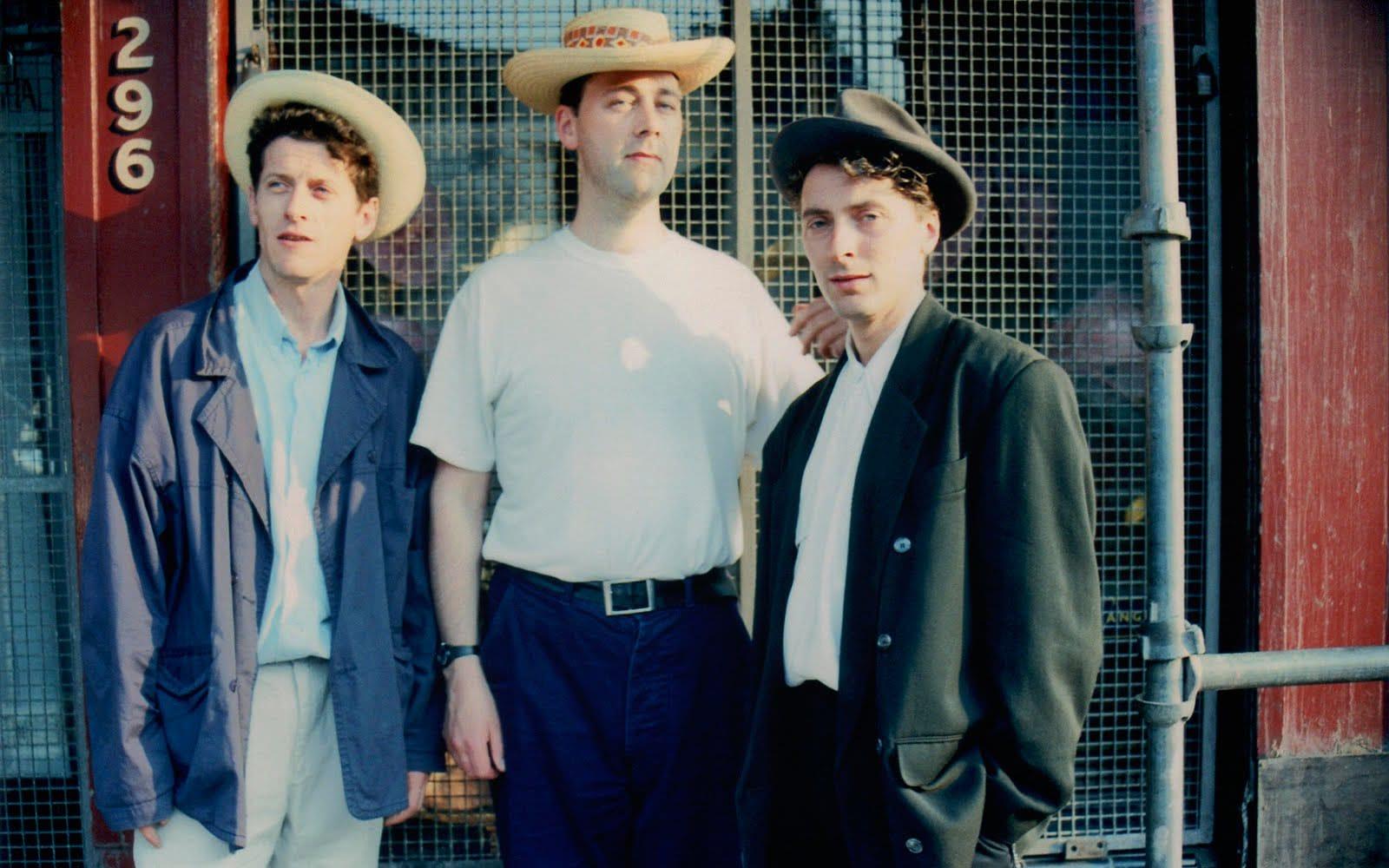Grace Notes: Paul Buchanan and The Blue Nile

Grace Notes is a weekly exploration by Jason Morehead of signs of common grace in the music world. We hope to alert you to wonderful music, some of which will be spiritual in nature but all of which will be unique and worthy of your attention. Each week we will share brief reviews of albums worthy of your attention and maybe a video or two.
Imagine, if you will, a rock star. Chances are, images of flamboyance, debauchery, and excess come to mind: long hair, louder-than-lour guitars, over-the-top concerts and outrageous stage presence, drugs and booze and loose women, and perhaps even a trashed hotel room or two for good measure. Now, imagine the exact opposite of all of that, and you’ll end up with something more along the lines of The Blue Nile.
Though certainly not the most proficient of bands — they’ve only released four albums in the last three decades — The Blue Nile have developed a loyal following precisely because they are as un-rock n’ roll as you can get. Musically, their albums draw from soul, blues, jazz, and electronic music to craft a brand of lush, understated atmospheric pop. Though there are times when their songs venture a bit too close to “Adult Contemporary” territory, there’s a beguiling aspect to their unpretentious music, which is intimate but not maudlin, detailed but never flamboyant, refined but never stuffy.
The music’s heart and soul, though, can be found in the voice and lyrics of frontman Paul Buchanan. Buchanan is obsessed with the mundane, humdrum details and struggles of everyday life. But by turning his gaze on them, he reveals them as deeply affecting vignettes, whether he’s pleading with his lover (“Let’s Go Out Tonight”), relishing some newfound contentment in his domestic life (“Happiness,” “Body and Soul”), chronicling the struggles of the down and out (“The Days Of Our Lives,” “Because Of Toledo”), or praying for God’s help to heal his family (“A Family Life”). Buchanan sings all of these stories, and more, in a croon that has grown tired and broken from the years, and is all the richer and stronger because of it.


That sense carries on to Buchanan’s first solo recording, Mid-Air, which came out earlier this year. I’ve only been able to hear a few tracks, which resemble The Blue Nile stripped to its essence, i.e., Buchanan’s voice with the sparsest of accompaniment. His lyrics are still as poignant as ever, as the title track reveals. Again, seemingly mundane details take on an increasingly intimate and transcendent air as Buchanan proclaims his fidelity to some (long-lost) lover in a voice that sounds like it could give out at any moment.

This entry was originally published on Christ and Pop Culture on .